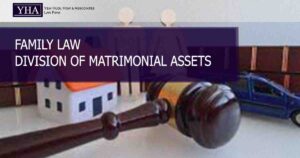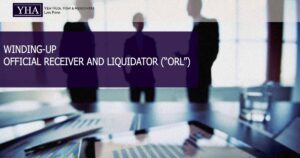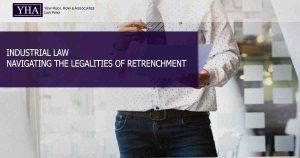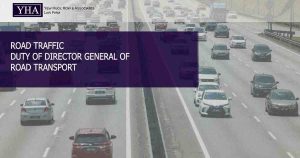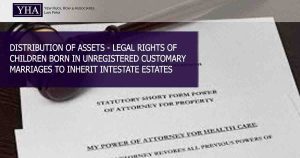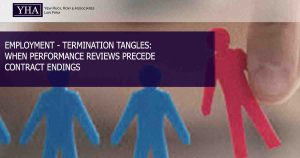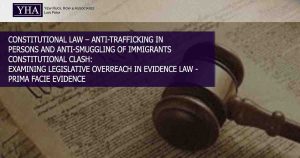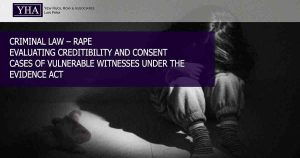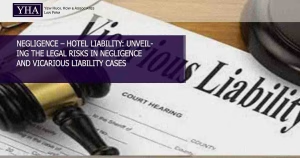
NEGLIGENCE – HOTEL LIABILITY: UNVEILING THE LEGAL RISKS IN NEGLIGENCE AND VICARIOUS LIABILITY CASES
In the hospitality industry, the duty of care owed by hotels to their guests is paramount. This legal update explores a scenario where a hotel’s failure to safeguard access to guest rooms leads to tragic consequences. It examines the potential negligence claim against a hotel employee and the broader implications of vicarious liability for the hotel and its owners. Drawing on relevant case law, we delve into the essential elements of negligence and the circumstances under which a hotel can be held responsible for the actions of its staff.

